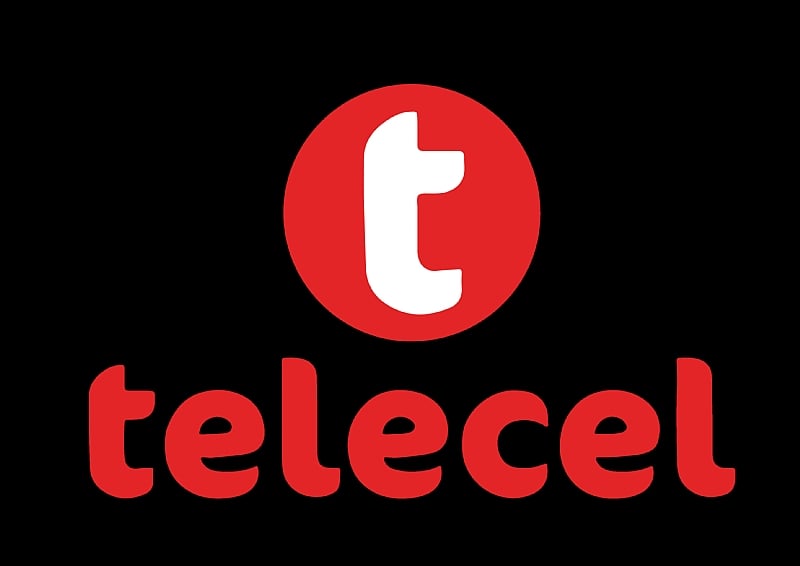The telecommunications landscape in Ghana is facing increasing scrutiny regarding the short notice provided to consumers about price hikes. Telecel Ghana’s recent announcement of a broadband price increase, communicated via SMS just three days before implementation, exemplifies this concerning trend. This abrupt notification, delivered on April 25th with new prices effective April 28th, leaves consumers with little time to adjust their budgets or explore alternative service providers. While companies like Telecel have the prerogative to adjust pricing based on market dynamics and operational costs, the manner in which these changes are communicated is crucial, especially for prepaid, subscription-based services like broadband internet. The lack of adequate notice undermines consumer rights and erodes the trust between service providers and their customer base.
The principle of fair and transparent communication dictates that consumers deserve sufficient time to evaluate the implications of price changes and make informed decisions. For monthly subscription services like Telecel’s broadband, a one-month advance notice would align with industry best practices and demonstrate respect for consumer rights. The current practice of providing less than a week’s notice, as seen with Telecel’s three-day notification, severely restricts consumers’ ability to react and adapt. This lack of consideration not only disrupts household budgets but also creates an environment of uncertainty and dissatisfaction among subscribers. In a competitive market, respecting consumer rights is paramount, and adequate notice is a fundamental aspect of this respect.
The issue extends beyond Telecel Ghana. A similar incident occurred approximately a month prior when MultiChoice Ghana Ltd, the operators of DStv, also implemented a price increase with minimal advance notice. This recurring pattern suggests a systemic problem within Ghana’s telecommunications sector, where providers prioritize short-term gains over long-term consumer relationships. The prevalence of short-notice price adjustments underscores the need for regulatory intervention to protect consumer interests and promote fair market practices. The arbitrary nature of these price changes without adequate justification further fuels consumer discontent and raises concerns about the lack of regulatory oversight.
The lack of transparency and consumer consultation in these price adjustment processes further exacerbates the issue. Telecel, for example, provided no explanation for the price increase, leaving consumers to speculate about the underlying reasons. This lack of communication fosters mistrust and resentment, potentially driving customers to seek alternatives. A transparent process, involving clear communication about the reasons for price changes and opportunities for consumer feedback, would contribute to a more positive and collaborative relationship between providers and subscribers. Open dialogue and a commitment to customer engagement are vital for establishing a sustainable and mutually beneficial business model.
CUTS International, a consumer advocacy group, has rightly called for the National Communications Authority (NCA) to step in and establish clear guidelines regarding price adjustments. These guidelines should mandate a minimum notice period, ideally 30 days, for any price increases by telecom and pay-TV providers. Such regulation would empower consumers, promote fair competition, and foster a more balanced relationship between providers and subscribers. The NCA has a responsibility to ensure that consumer rights are protected and that service providers operate within a framework of transparency and accountability. Establishing clear regulations is a critical step towards achieving this objective.
This intervention from the NCA is not simply a matter of consumer protection; it is also about promoting a healthy and competitive market. When providers are required to adhere to transparent pricing practices, consumers are better equipped to make informed choices. This fosters competition and encourages providers to offer better value for money. A well-regulated market benefits both consumers and providers in the long run, contributing to a more stable and sustainable telecommunications sector. The NCA’s proactive involvement in establishing clear guidelines is essential for fostering this positive environment and safeguarding consumer interests in the evolving telecommunications landscape.














